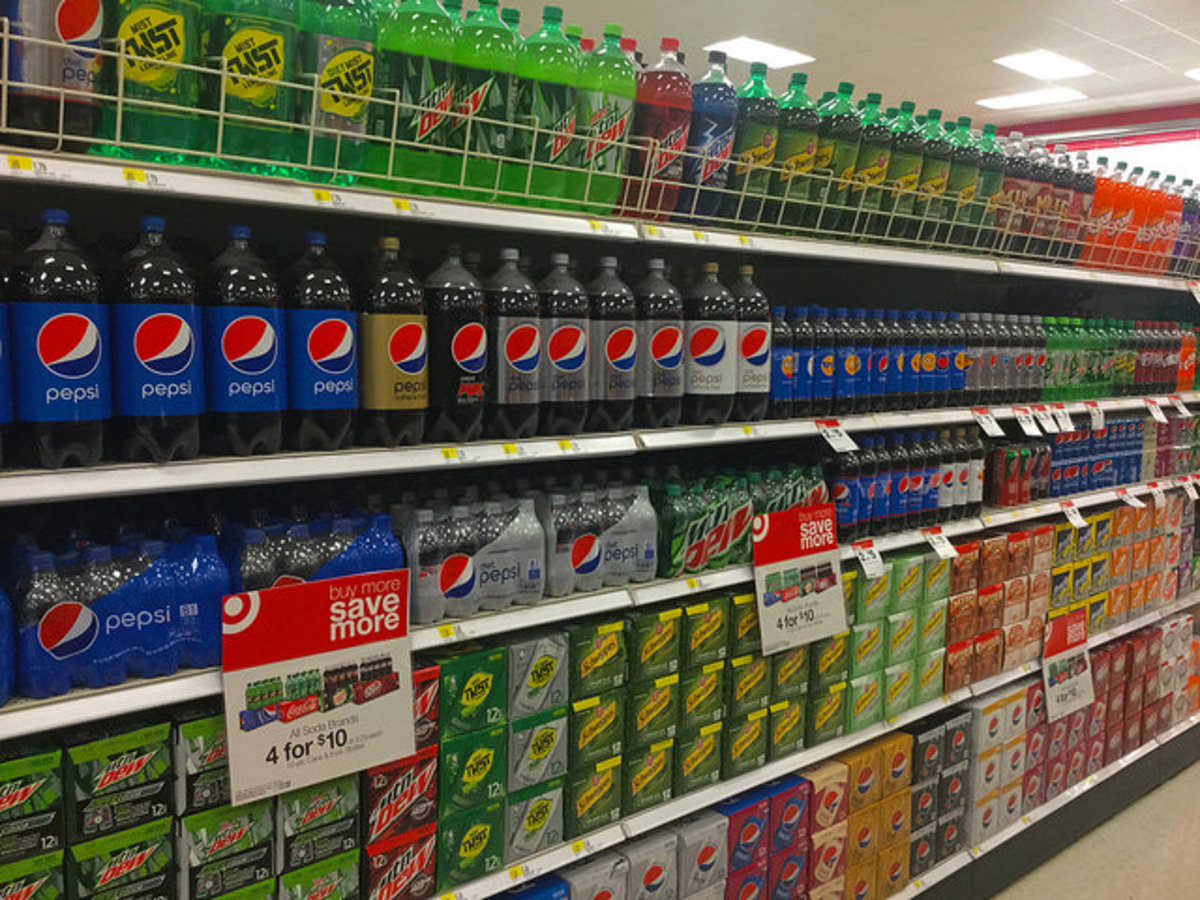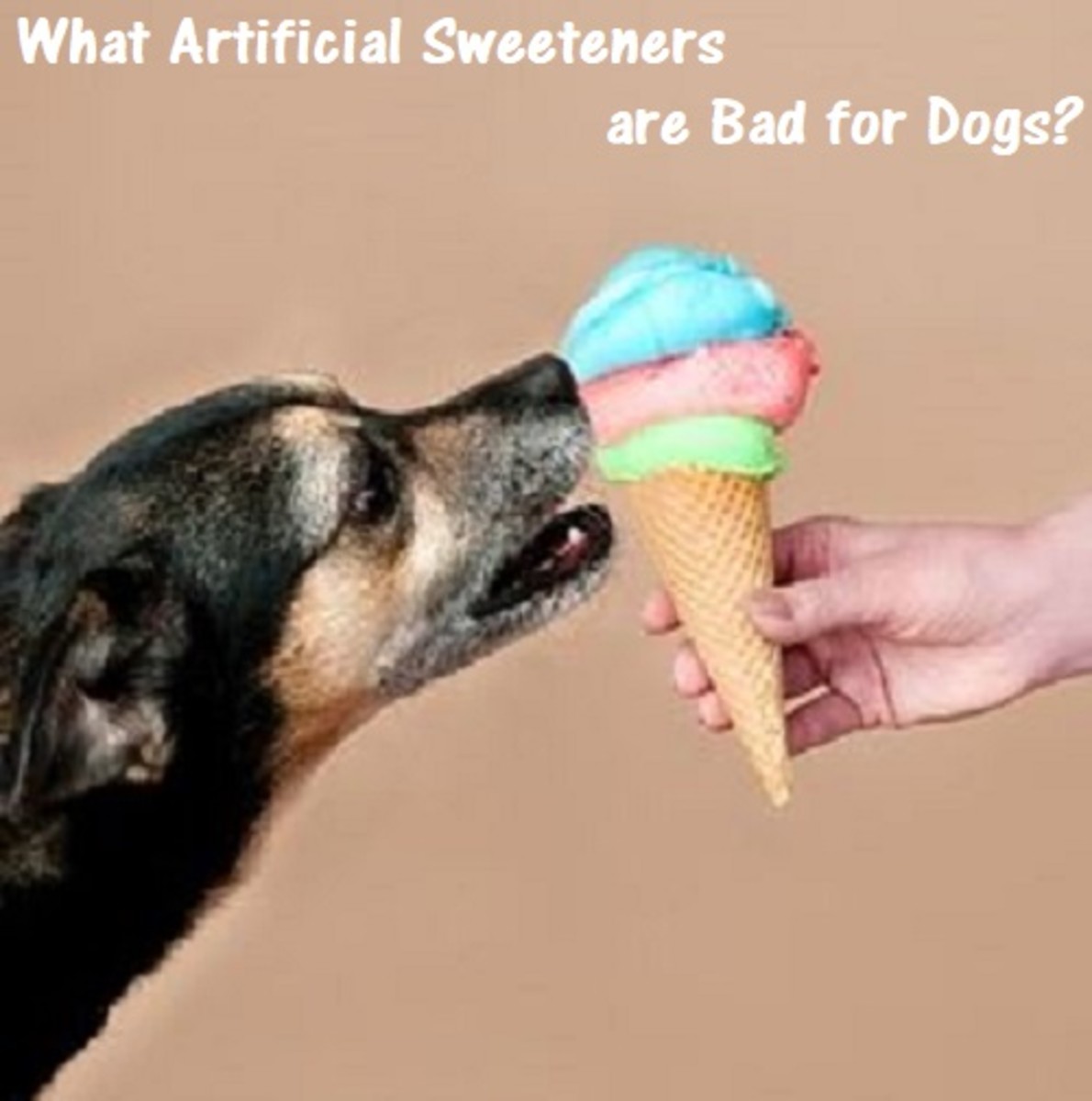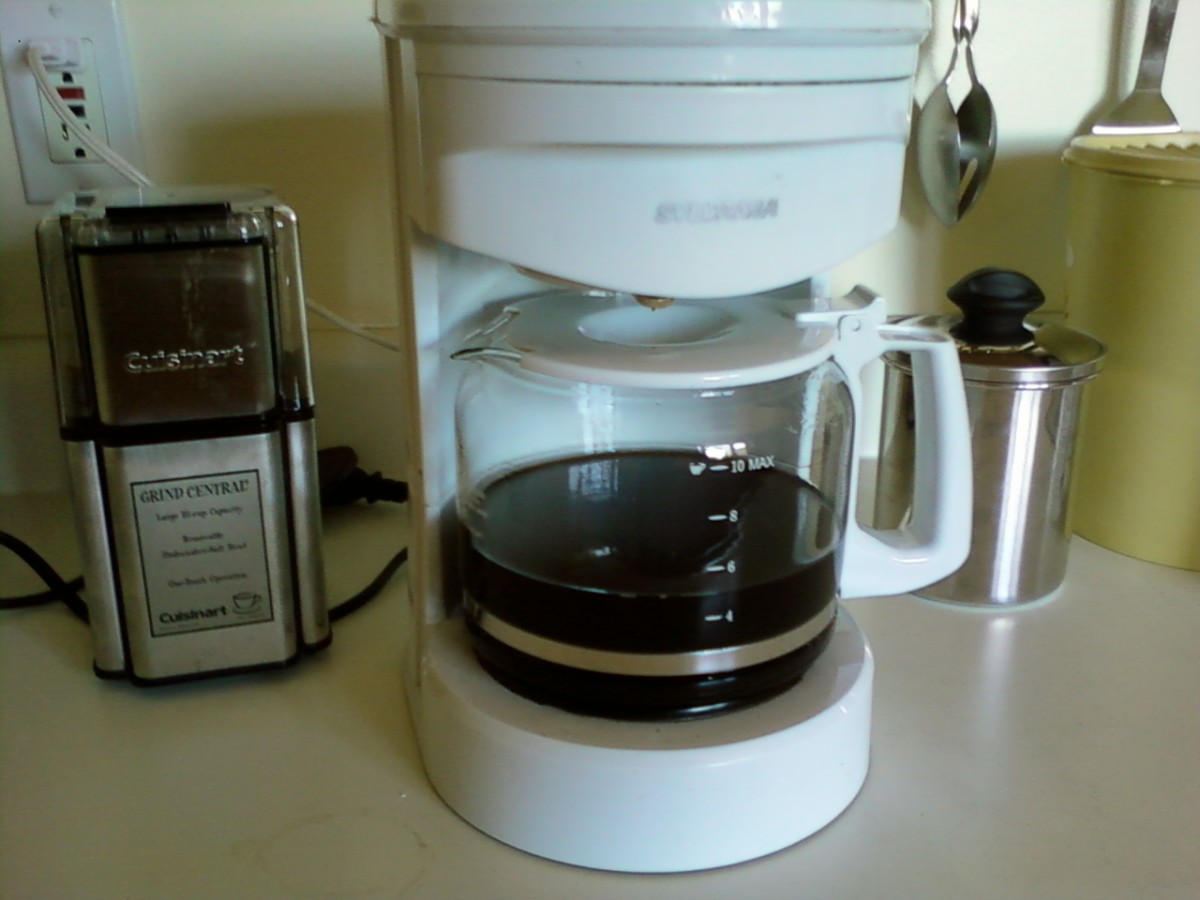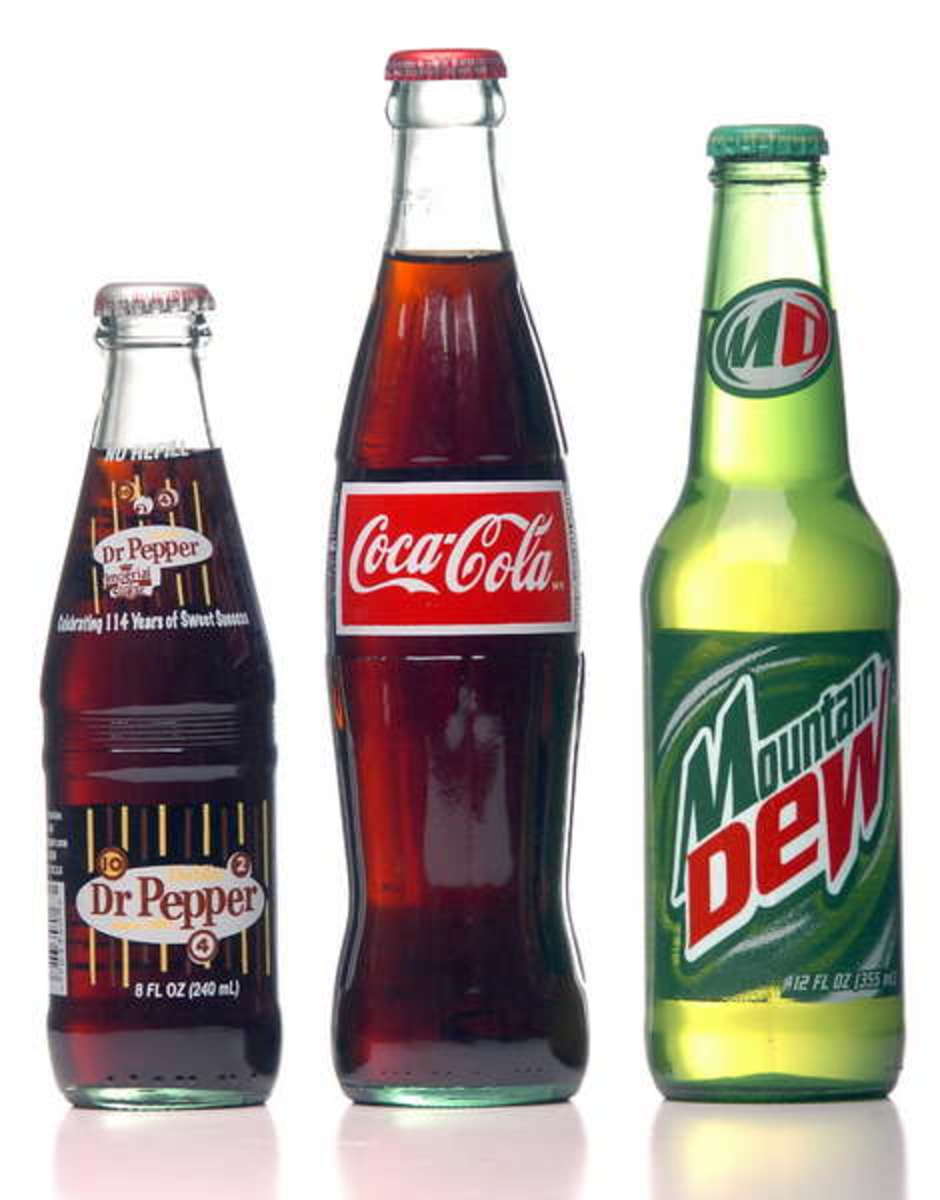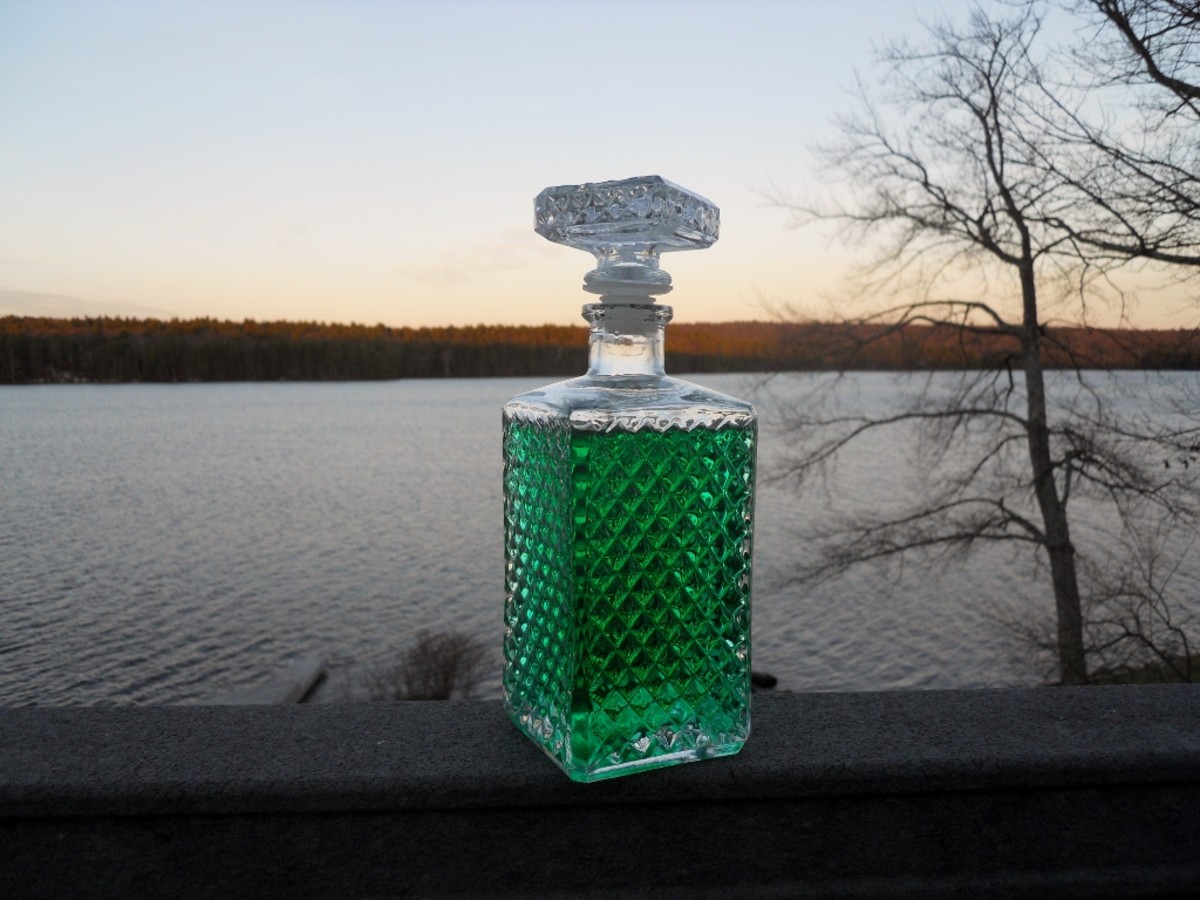Is soda the new cigarette?
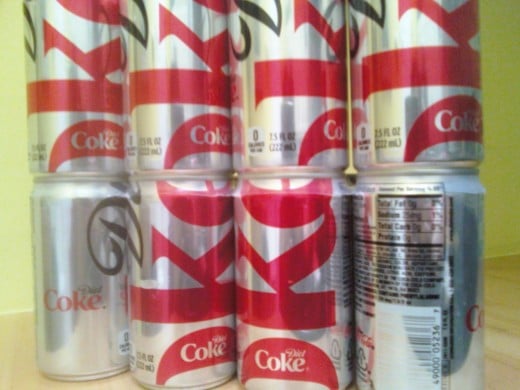
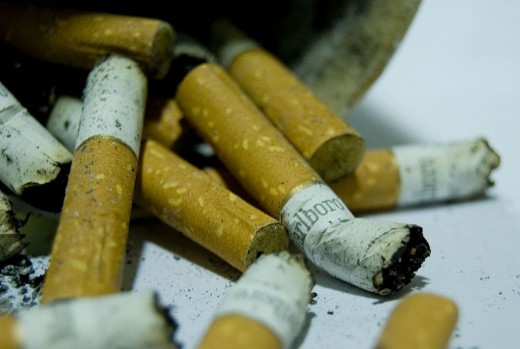
It intrigues me to think about how at one time cigarettes were considered a harmless product. The damage had, unfortunately, already been done to many smokers by the time this information reached the general public. Many people were already hooked and harm to their bodies had begun. Currently despite the knowledge of this risk the act of smoking continues to be passed down to new generations to get addicted as well. The idea that drinking soda will follow behind smoking cigarettes is certainly not my own, but one I wanted to look into myself. Will studies come out someday soon showing that the ingredients in soda cause destruction to the human body? Is it possible soda has addictive components like cigarettes do?
The cigarette, or more specifically tobacco, has been around forever really. Columbus brought tobacco back from North America to Europe, where doctors initially thought it was medicinal. It wasn’t until the 1930s people started to figure they were the opposite of medicinal, with the Surgeon General officially warning smokers in 1964 about the dangers of cigarettes. Later in 1995, nicotine was declared a drug. Nicotine is an alkaloid, that when taken into the body can quickly make its way to the brain and penetrate the Blood-Brain-Barrier, a somewhat unusual trait for drugs. Inside the brain it influences many neurotransmitters’ actions including acetylcholine, norepinephrine, serotonin, and endorphins. All of this adds up to the complex effects smoker’s attribute to their cigarettes- anxiety reducer, euphoria, alertness, and so on. Of course these positive attributes come with the addictive properties along with the utter destruction cigarette smoking causes the lungs. It seems so obvious now.
One can’t help but wonder if we are amidst a similar changing tide this time with soda. Pop, cola, soda, tonic- depending on where you live you may call it any of these synonyms but do you call it dangerous? Soda, as I will refer to it for the rest of this article, has been notoriously linked to the obesity epidemic and dental cavities. But let’s go beyond these two established connections are there other associations between soda and the human body?
Currently studies are looking at the possible association of soda with various diseases including cardiovascular disease, metabolic disease, and kidney disease. Metabolic disease includes both Diabetes and Metabolic syndrome. Insulin functions by pulling glucose from the bloodstream and allowing for its storage. Meanwhile it’s opposing force hormone partner, glucagon, breaks down the storage form of glucose when the body needs more of it in the bloodstream to be sent for energy purposes. Cardiovascular disease includes a long list of heart diseases as well as stroke. Kidneys are the blood filtration system of the body, sorting out waste and water for urine. Metabolic disease, cardiovascular disease, and kidney disease can easily be linked; an abnormal amount of glucose in the bloodstream can cause damage to the circulation systems of the body, while damaging the site of blood filtration as well.
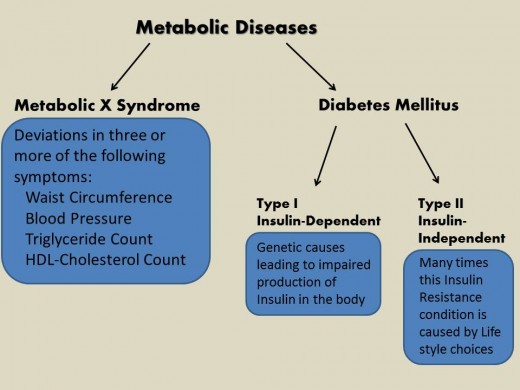
Before we get into some specific research currently being done on soda and disease let’s take a look at the ingredients in regular and diet soda. On the surface it seems diet soda is a better alternative to regular soda since it does not have any calories. However there is a school of thought pointing at diet soda as being just as bad as regular soda. Diet soda may even be worse for us. The major difference between the two ingredient-wise is also the main culprit to this theory-artificial sweetener. Artificial sweeteners are used in a variety of foods and drinks including the topic here. The major artificial sweeteners in diet soda are aspartame while High Fructose Corn Syrup (HFCS) is found predominantly in regular soda. Aspartame contains phenylalanine (and aspartic acid) which is why those with a deficiency in Phenylalanine hydroxylase, a condition known as Phenylketonuria, cannot imbibe aspartame. The other two major artificial sweeteners are sucralose (Splenda) and saccharin (Sweet‘N Low), as well as Acesulfame potassium (Sunett and Sweet One). Both NutraSweet and Equal are made of up Aspartame. HFCS is not considered an artificial sweetener since it is made from corn but Warren Wepman in Macrobiotics Today (March 2011) is quick to point out this isn’t really saying much. In his article explaining the different types of sweeteners he cautions against referring to corn syrup, HFCS, and maltodextrin as being ‘natural’ since corn and other foods are taking through an extensive chemical process to be converted to these sweeteners. HFCS is a further processed version of corn syrup, where enzymes are added to convert glucose to fructose.
12 oz. can
| Coca-Cola
| Diet Coke
| Pepsi
| Diet Pepsi
|
|---|---|---|---|---|
Ingredients
| Carbonated Water, Caramel color, Phosphoric acid, Caffeine, natural flavors.
| Carbonated Water, Caramel color, Posphoric acid, Caffeine, natural flavors.
| Carbonated Water, Caramel color, Phosphoric acid, Caffeine, Citric acid, natural flavor.
| Carbonated Water, Caramel color, Phosphoric acid, Potassium Benzoate, Caffeine, Citric Acid, natural flavors.
|
Artificial Sweetener
| High Fructose Corn Syrup
| Aspartame
| High Fructose Corn Syrup
| Aspartame
|
Calories
| 140
| 0
| 150
| 0
|
Carbohydrates
| 39g
| 0
| 41g
| 0
|
Sodium
| 45mg
| 40mg
| 35mg
| 30mg
|
As mentioned the artificial sweetener is the prime suspect in the soda-disease case. But there are a few additional ingredients of interest. The other ingredients commonly found in soda have the following functions: caramel color-made by heating corn, cane sugar or other carbs-gives cola its characteristically dark color. Tartness is provided by phosphoric acid and/or citric acid while sodium benzoate serves as a preservative. In particular phosphoric acid and sodium benzoate have garnered negative attention in addition to the sweeteners used in soda. Phosphoric acid alters pH in the body and demineralization occurs to compensate for the increase in acidity. This demineralization has a negative impact on the bodies’ bones and teeth. Also phosphoric acid has been linked to Chronic Kidney Disease (CKD) and the formation of kidney stones. Sodium benzoate on its own is considered safe by the FDA; the cause for concern is when it reacts with ascorbic acid (better known as vitamin C). Together they form benzene which is a known carcinogen. But it seems one would need to consume massive amounts of both in order for there to be cause for concern. Plus the FDA looked into this and alerted beverage companies about particular drinks with high levels of benzene, typically fruit-soda combination drinks, and the companies reduced the benzene content. Some research also indicates sodium benzoate may act solo to damage DNA within mitochondria and has been suspected in conjunction with cirrhosis and Parkinson’s disease.
High fructose corn syrup (HFCS) has been linked to obesity, metabolic disease, and chronic kidney disease (CKD). Chronic kidney disease, characterized by an increasing deficiency in blood filtration, is interconnected to many systems and thus disorders in the body. Both diabetes and high blood pressure can lead to CKD, likewise CKD can cause high blood pressure and lead to heart disease. When HFCS is ingested fructose needs to be broken down. This makes additional work for the body, compared to glucose, to get it to a glycolysis precursor in order to be used for energy. ATP-the energy currency of the body-needs to be spent and rapidly at that as fructokinase converts fructose to Fructose-1-phosphate. The majority of fructose metabolism occurs within the liver and this expenditure negatively affects the liver’s major functions that also require ATP. Fructose breakdown also increases purine nucleotide degradation and promotes the synthesis of uric acid, a by-product of this process. Regular soda has been linked to hyperuricemia where an increase in uric acid can lead to kidney disease. Hyperuricemia isn’t a disease itself but has been shown in animal studies to lead to metabolic disease, high blood pressure, and kidney disease; along with a reduction in creatinine clearance and an increase in proteinuria. One thing to bear in mind is studies done looking to recreate the effects of HFCS on the body use 100% fructose while foods/drinks contain about 40-55% of fructose with glucose and glucose polymers making up the rest. There have been studies done linking soda drinking to albuminuria and increased serum creatinine. As well one study done by Bomback et al. in 2010 looked at the differences in people's disease state at an initial interview and several follow-ups over the years while comparing those who drank regular soda moderately, defined as more than one soda drink a day, to those that drank less than one soda drink a day. At a three year follow up of the moderate soda drinkers 34% developed hyperuricemia in the time and about 8% developed CKD.
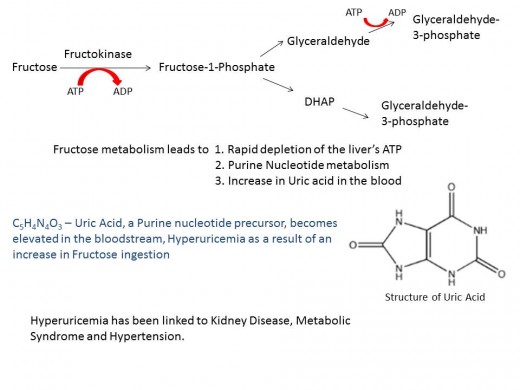
Regular and diet Soda consumption have been linked to both Metabolic Syndrome and Type II Diabetes. However researchers are quick to inform readers there is no causality here but connections. One study by Nettleton et al. in 2009 compared soda drinkers to non-soda drinkers during an initial interview and several follow-ups years later. At the follow-ups there was a much higher incident of Metabolic Syndrome and Type II Diabetes in soda drinkers compared to the non-soda drinkers. This paper, along with some others, dances around the idea of artificial sweeteners potentially causing a person to have an increased desire for sugar-sweetened food. I’m just going to come right out and say it- is it possible that these artificial sweeteners are addictive? In the case of tobacco cigarettes it is the nicotine in them that makes smokers want to come back for more. Granted nicotine is a drug, it causes an altered state in the smoker. Artificial sweeteners on the other hand have no correlations like this so maybe it is a bit of a leap to say that these artificial sweeteners have addictive properties. But it fits with the trends- Why has there been such a steady increase in soda consumption over the years? And why do people who drink one soda find themselves drinking two or three in a day? I’m not alone in this suspicion; research has been done and is being done investigating this hypothesis. Caffeine, of course, is another critical component to this puzzle. In the studies I looked into it was not specified if the soda was caffeinated or caffeine-free. My personal experience tells me it is not the caffeine in soda that brings me back to it every day. Since I have cut back on my daily intake I don't get caffeine withdrawal headaches anymore if I go a day without drinking a 7.5 oz Diet Coke, which indicates to me I am no longer dependent on caffeine. Yet I still have the desire to drink it every day.
Studies have shown the effects of sucralose (Splenda) on glucose metabolism in the body comparing Type I Diabetes, Type II Diabetes, and non-Diabetes individuals. Sucralose and acesulfame-K act through taste receptors in the mouth allowing for the secretion of GLP-1 and GIP, Glucagon-like peptide 1 and Glucose-dependent Insulinotropic Peptide. Both GLP-1 and GIP are incretins which increase the secretion of glucose-dependent insulin. Incretins delay gastric emptying, increase satiety, and suppress glucagon secretion. In Type II diabetes, in this experiment, there was an abnormal secretion of these incretins in response to oral nutrients, specifically the researchers found an impaired GLP-1 secretion in subjects with Type II Diabetes. This preliminary research brings up more questions than it answers but ultimately this indicates the oral intake of artificial sweeteners results in changes in the way certain people metabolize sugar overall. Research like this may soon give way to the biological link between soda drinking and disease-state, particularly metabolic disease. It may also shed some light on the possibility of artificial sweeteners being addictive.
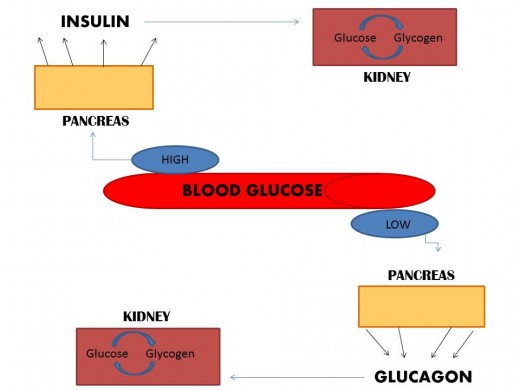
In researching this topic a few themes emerged- one major question is what is really behind the link between soda and it’s the most obvious connections- obesity and cavities? An often mentioned thought in the discussion section of research articles on these topics are: What if there is no biological cause behind the connection? It could just be that soda drinking is a characteristic of an unhealthy life style. Is soda a representative baddie from a diet lacking in nutrition, along with a life without exercise? Is the stereotypical soda guzzler sitting on the couch all day, watching tv, only taking breaks to go the drive-thru at McDonalds a reality? There are additional theories about these soda consumers-another stereotype to emerge is the person who is always proclaiming that they are starting their diet tomorrow. The one that always claim they have been good all week so they can indulge in a huge piece of chocolate cake. Does this subset of diet soda drinkers think they are saving so many calories by drinking diet soda that they overindulge in additional calories from other sources? As a diet soda drinker I’m not really convinced of this one but it probably does apply to some people out there. For me I know that diet soda isn’t any more good for me than regular soda I just prefer the taste of it. Sure the diet equivalent is saving me some calories but I certainly don’t think the savings justifies me scarfing down a handful of Oreo cookies.
Another interesting idea is the question what is soda drinking replacing? If a person is guzzling down soda all day they are not drinking milk-this has a two-fold effect on a person’s teeth. Cavities or dental caries form when bacteria living on teeth’s enamel metabolize sugars. These sugars, along with the overall acidity of soda allow for demineralization of enamel. This demineralization is erosion of the hard component of teeth and it leaves teeth vulnerable. The minerals taken from the enamel are calcium and phosphate- both found in milk. The aforementioned article about the different types of artificial and not-as-artificial sugars also highlighted the overall process of sugar consumption. The author notes the removal of calcium and phosphate from their other major storage site- bones- in response to sugar intake. This demineralization is done to compensate for the acidity in blood caused by drinking sugary soda. This is probably the basis for the link between soda and osteoporosis but I didn’t find any firm connections in my research. On a similar note the idea of fertility and soda has been discussed and I made mention of it in an article of mine on the topic of fertility. One study showed an inverse relationship between caffeine intake and the amount of free estradiol concentration in women. But similar to osteoporosis, the link is far from concrete at this point.
The correlation between cigarettes and soda is not lost on many individuals- some groups are mounting an attack against soda drinking from the anti-smoking playbook. Specifically by imposing a tax on soda and other high-calorie drinks. Notably it has been said that the continually rising tax on cigarettes is the number one thing that gets people to quit smoking. Additionally on the soda front, groups asked the big soda companies to redesign their products in order to put the calorie counts on the front of the label. This again is a tactic in the war on cigarettes, labeling cigarette packaging in way that people could not help but read the warning signs. In the end it seems we can’t quite put soda in the corner with cigarettes- many of the positive associations between soda and disease may be due strictly to the overall lifestyle of the soda drinker. At this time no firm biological evidence to ingredients in soda has been linked to any diseases. That being said, there is certainly no evidence showing it is good for us. And I think there is something to be said for this addictive quality. I have been able to cut back significantly on my daily intake of Diet Coke but for some reason I can't completely give it up.




